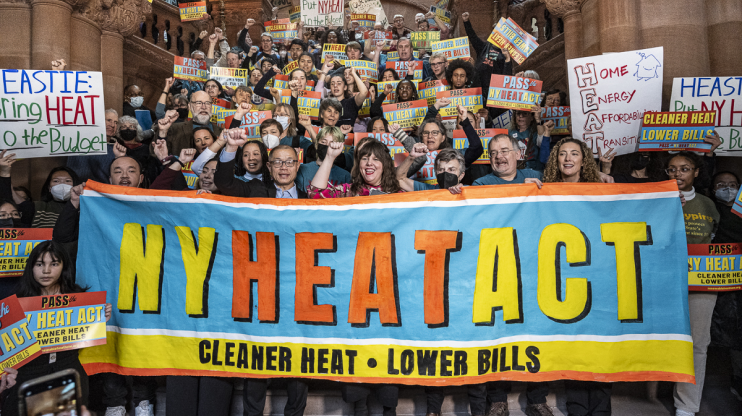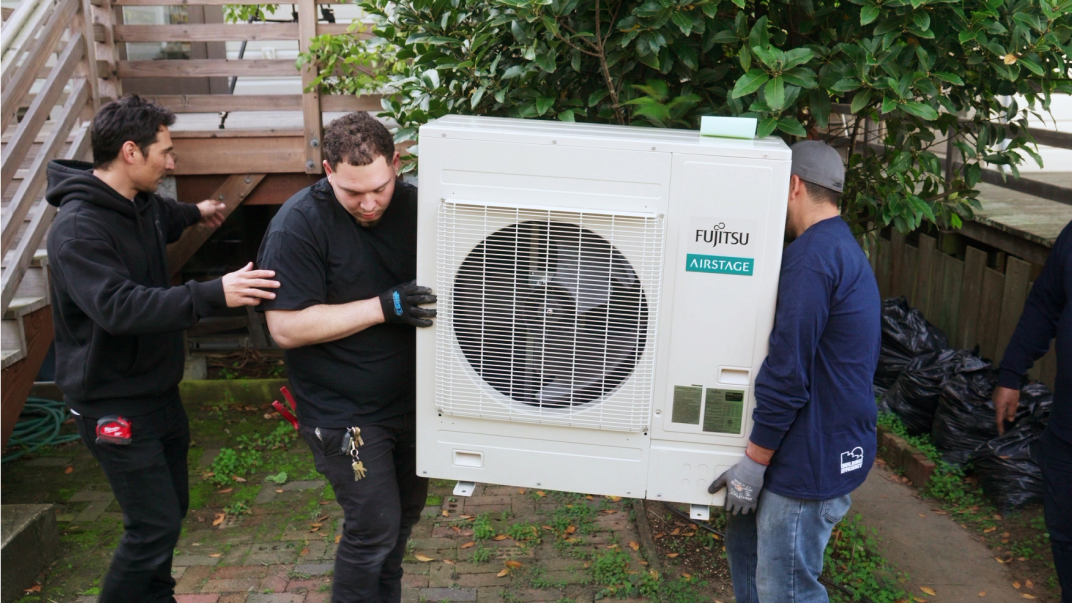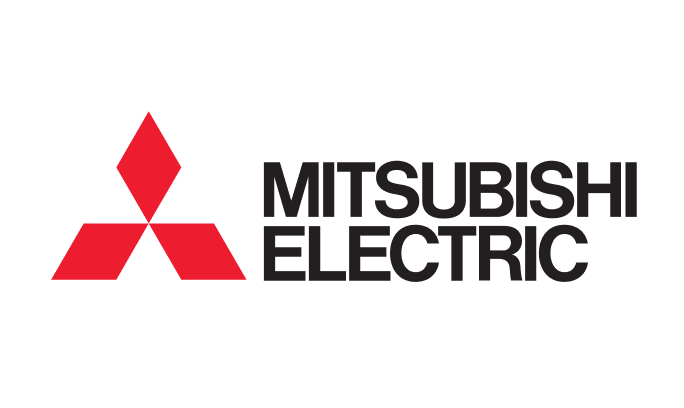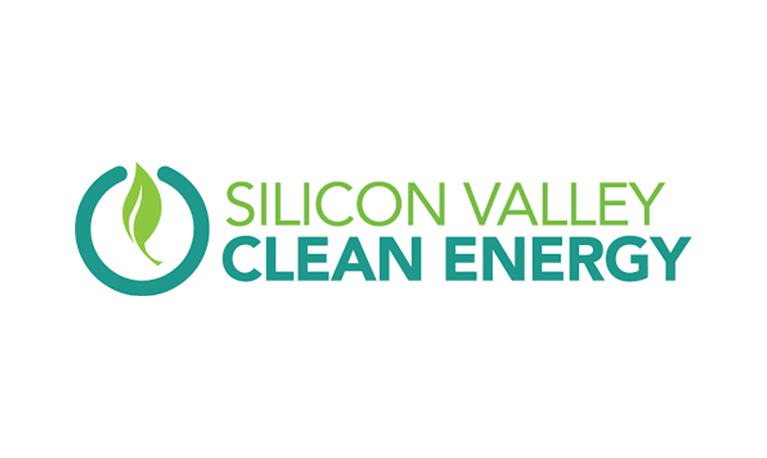What we do
The Building Decarbonization Coalition (BDC) aligns critical stakeholders on a path to transform the nation’s buildings through clean energy, using policy, research, market development, and public engagement. The BDC and its members are charting the course to eliminate fossil fuels in buildings to improve people’s health, cut climate and air pollution, prioritize high-road jobs, and ensure that our communities are more resilient to the impacts of climate change.
What we do
The Building Decarbonization Coalition (BDC) aligns critical stakeholders on a path to transform the nation’s buildings through clean energy, using policy, research, market development, and public engagement. The BDC and its members are charting the course to eliminate fossil fuels in buildings to improve people’s health, cut climate and air pollution, prioritize high-road jobs, and ensure that our communities are more resilient to the impacts of climate change.
Where we work
Why buildings
Every day, fossil fueled buildings expose those living and working in them to a host of environmental, financial, and health risks. The technologies exist to transition buildings off of fossil fuels entirely. Given what we know about the dire repercussions of burning fossil fuels in buildings, eliminating their use is an imperative we cannot ignore.

Climate
Buildings generate at least 30% of America’s greenhouse gas emissions through electricity and on-site emissions. Burning fossil fuels in buildings releases methane—a gas that is over 25 times more potent than carbon dioxide into the atmosphere. Burning methane gas is now the fastest growing source of pollution globally.

Health
We spend 90% of our time indoors in unregulated air that the EPA estimates to be two-to-five times more polluted than outdoor air. Children living in homes with gas stoves are 42% more likely to experience asthmatic symptoms. The combustion byproducts from our fossil fuel powered appliances contribute more to smog in many areas than cars do.

Equity
Studies show that gas leaks are more common in areas with a majority of people of color and in communities already at risk for the worst impacts of pollution and climate crises. Additionally, the high price of maintaining two energy systems forces 30% of American families to choose between heating their homes and paying for food and medicine.

Economics
Every new gas pipe or appliance that is installed is a future stranded asset. Gas infrastructure is heavily subsidized by utility ratepayers (which includes all of us) and financed over 60-80 years. A quarter of active gas mains in the U.S. are more than 50 years old and nearing the end of their lifespan.

Scale
With a coordinated and collaborative approach, entire neighborhoods can decarbonize their buildings at once—multiplying the climate and health benefits of electrification to every household or business on the block, and encouraging the equitable distribution of clean energy benefits.
Why buildings
Every day, fossil fueled buildings expose those living and working in them to a host of environmental, financial, and health risks. The technologies exist to transition buildings off of fossil fuels entirely. Given what we know about the dire repercussions of burning fossil fuels in buildings, eliminating their use is an imperative we cannot ignore.
ClimateBuildings generate at least 30% of America’s greenhouse gas emissions through electricity and on-site emissions. Burning fossil fuels in buildings releases methane—a gas that is over 25 times more potent than carbon dioxide into the atmosphere. Burning methane gas is now the fastest growing source of pollution globally. |
HealthWe spend 90% of our time indoors in unregulated air that the EPA estimates to be two-to-five times more polluted than outdoor air. Children living in homes with gas stoves are 42% more likely to experience asthmatic symptoms. The combustion byproducts from our fossil fuel powered appliances contribute more to smog in many areas than cars do. |
EquityStudies show that gas leaks are more common in areas with a majority of people of color and in communities already at risk for the worst impacts of pollution and climate crises. Additionally, the high price of maintaining two energy systems forces 30% of American families to choose between heating their homes and paying for food and medicine. |
EconomicsEvery new gas pipe or appliance that is installed is a future stranded asset. Gas infrastructure is heavily subsidized by utility ratepayers (which includes all of us) and financed over 60-80 years. A quarter of active gas mains in the U.S. are more than 50 years old and nearing the end of their lifespan. |
ScaleWith a coordinated and collaborative approach, entire neighborhoods can decarbonize their buildings at once—multiplying the climate and health benefits of electrification to every household or business on the block, and encouraging the equitable distribution of clean energy benefits. |
Raise your profile as a building decarbonization leader
We take an inclusive approach to bringing together communities and organizations with diverse interests for respectful, data-driven discourse on the future of building electrification. When you become a BDC member, you help drive the execution of the nation’s most comprehensive building decarbonization strategies.
We are sharing knowledge with curated resources
BDC’s library for policymakers and community planners, Clean Building Compass provides toolkits, research studies, strategies, technical support, and model policies for decarbonizing buildings and creating more sustainable communities.

















